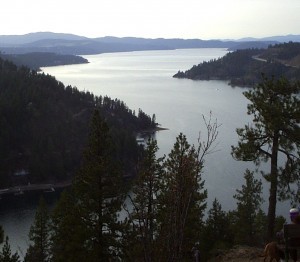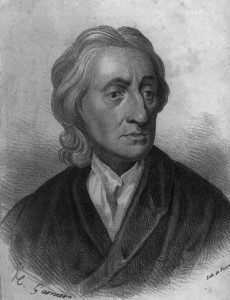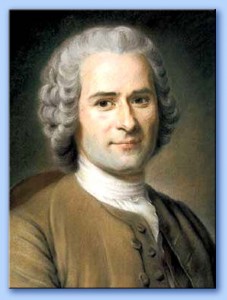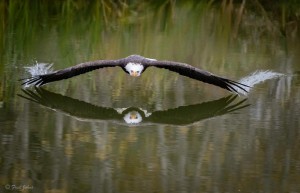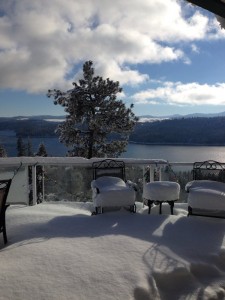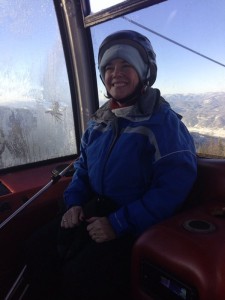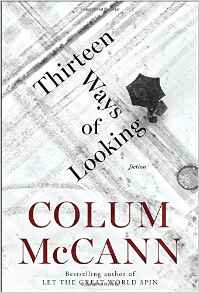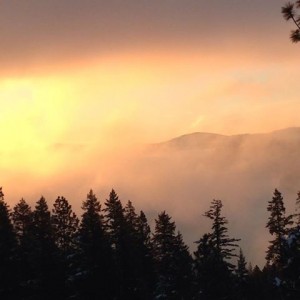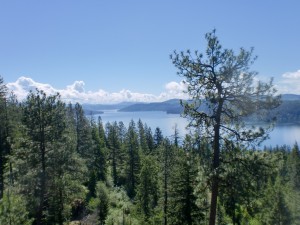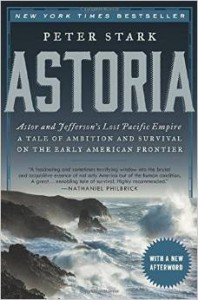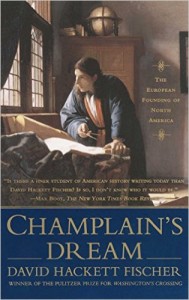Emily Ruskovich’s debut is causing a stir. The praise for her writing skills is well-deserved. Her prose has a maturity well beyond her years. From the first page, the reader is at home in this book, curious to learn more and is turning the pages feverishly. The book has dreamy qualities where time seems to be on the back burner while a magnifying glass is applied to an horrific event in which all characters are caught. The harsh and beautiful environment is lovingly and emotionally depicted by the author who is no stranger to the scene. She is a native of our beautiful North Idaho who sings the praises of our fair skies. The characters remain with the reader who cannot put them down or explain them away by any of the normal means. If a book lingers on in the mind, the way this one promises to do, one tends to expect its journey out in the world to be full of praise.
How does the place manage to be so central to the story? The first question one would ask is that could this story be transplanted into say, Kansas City, and read the same. No. In this case, the mountains of Idaho are part of the narrative.
From Page 113:
“Wade and Jenny are prairie people. Prairie people living on a mountain they had not noticed was so much larger than themselves. An acreage purchased in a hurry because it was cheap, because it was nothing like the prairie. Such arrogance and childishness—an avalanche of a dream. But what kind of person would tell them they wouldn’t be trapped on a snowy mountain, when surely, without a tractor or a plow, they would? Still, they should have questioned it. They should have made sure. And now the only other person in the world who knows the truth of their desperation has tattooed his hatred to his hand.”
In spite of the challenges, the story of this family moves along until the day of the murder. The weapon is an ax wielded by a mother, landing on a child. One girl dies, and the other runs away. Wade is left alone with an even bigger problem: his mind is fading with early onset dementia which runs in his family. He meets a music teacher named Ann who decides, in a moment of clarity, that she can take care of him. She inhabits the story in a way that is almost other worldly. She becomes obsessed as she steps into the story as to what really happened on the day of the murder.
Ruskovich has the skill to let the story unfold through the voices and perspectives of other characters. Since we are caught up in the tension of wanting to know more about the events of the fateful day, there is no shortage of curiosity on our part. The way in which the story unfolds is not at all traditional; one part is told through the perspective of a bloodhound.
From page 282:
“The loose skin of a bloodhound is meant to hold the ground. The ears that drag along the forest floor send the scent up the skin, where, trapped within the wrinkles and the folds, it reminds the hound what the trail is even when the trail is lost. The smell of the trail becomes the smell of himself, trapped between the wrinkles of the neck and all around the eyes, which require an effort to rise under the weight of all that skin. Head down, whatever the dog follows he follows blind; gravity heaps the forehead down to the top of the snout, so that the scent between the wrinkles is more of a means of seeing than the eyes of the wrinkles cover..”
“Off-duty, head up, the bloodhound is a different dog. The wrinkles fall open. The forehead is smoothed, the scent let go.
This is how a dog forgets. This is how a dog moves on.
He lifts his head.”
Emily Ruskovich has written an intricate and beautiful book. While she touches on the deep fears we all carry, she also brings to light the good people who come along to help us through. She describes a place full of staggering beauty: a place we know turns pink in the snowy winter sunsets, a place where roads wash out in the spring, but still bring and newcomers who are ready to roll up their sleeves. It is a place where we roar around in boats in the summer, sing songs around the campfire, cut wood for the winter and vow, once found, to never leave. Idaho is not only a great place to live, but it has also inspired Marilynne Robinson‘s novel Housekeeping, has been described by Jess Walters in Beautiful Ruins, was home to Ernest Hemingway and now has played a role in a wonderful book bearing its name.

